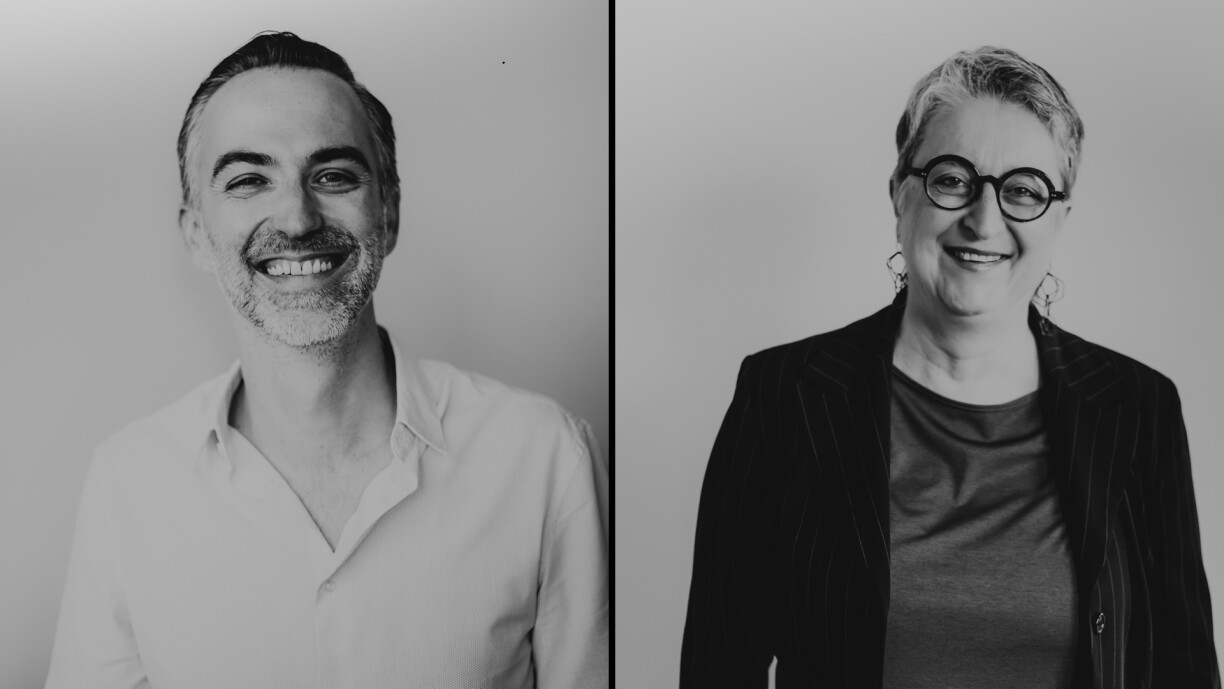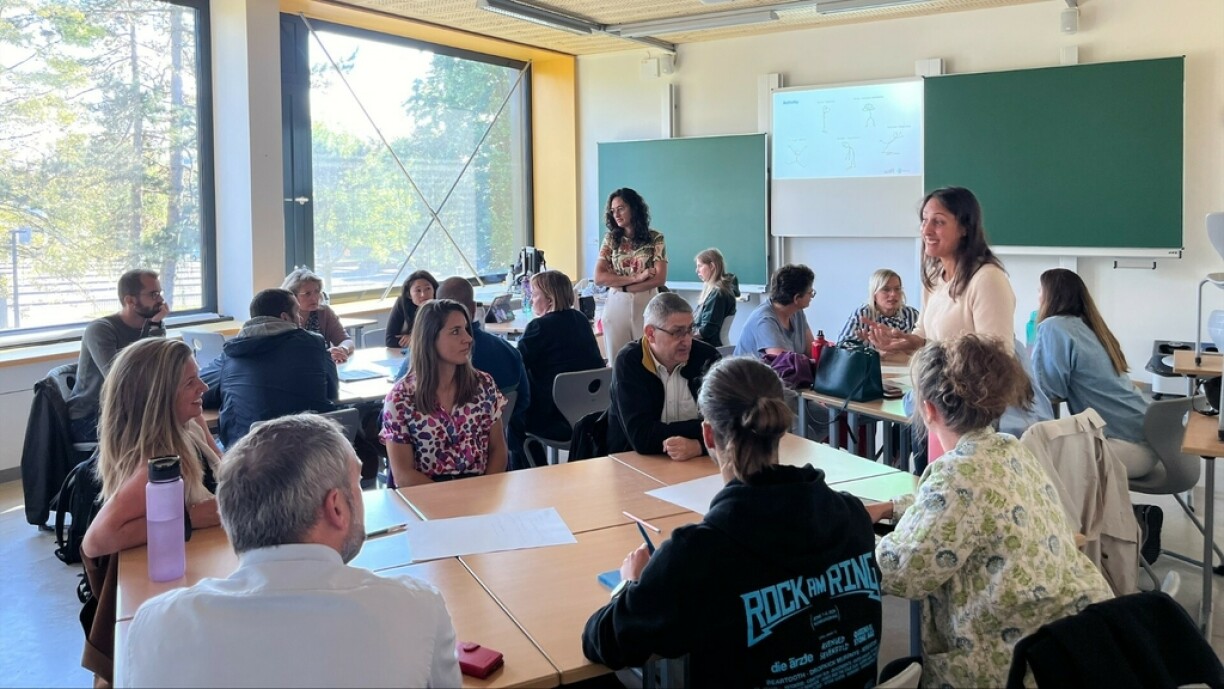
In anticipation of students returning to the classrooms for the new school year, 140 teachers at Lycée Michel Lucius came together on Friday 13 September for our annual Elevate conference and celebration of Learning.
Elevate is a professional learning community for teachers, born out of an ambition to raise the level of discourse around Teaching & Learning. Elevate serves as a platform where we intentionally and consciously create time and space to put Learning, and Learners, at the forefront of meaningful pedagogical conversations.
Schools themselves are literally noisy places with lots of distractions but on a broader metaphorical level there is also so much chatter and noise around education with so many voices with different agendas. What we seek to do with Elevate, is to drown out some of that noise and focus on what matters most for deep and meaningful learning to take place. The intricacies, mechanics and nuances of Learning must be examined closely if we want to create optimum learning environments.
It must be made clear that successful and effective teaching is incredibly challenging. Consistently creating impactful learning experiences is hard. Working with young people and their diverse needs presents an ever-evolving classroom landscape that cannot be addressed with a ‘one size fits all’ or a fixed mindset approach. In building Elevate we wholly recognize that for progress to happen, vulnerability must be embraced, along with a growth mindset, and the mantra that everybody is a learner – teachers included.
Our continuous professional development is inspired, informed and driven by the wealth of thought leadership on education that is offered to us through various sources including the World Education Summit where influential education academics such as John Hattie, Guy Claxton, Michael Fullan and many more take to the stage.
By intentionally carving out time and space, teachers commit to reflecting on what high impact, successful Learning looks like, questioning their practice and considering the scope for development and improvement. There is rarely, if ever, a simple and direct course of action to take, but the aspiration is to cultivate and foster a positive, solution focussed, growth focussed community that will allow collegiality and supportive relationships to flourish, ultimately serving the children and young people in our care.
John Hattie’s Visible Learning research is highly influential on our agenda. He highlights that it is not knowledge that is power, but knowledge mobilization is power and that we should be questioning how we evaluate ourselves, how we come up with explanations for what we are doing and why we are doing it. He challenges us as teachers to ask questions like: What it means to be a learner in my class? What student or content or planning have I been wrong about? How do I assess where I need to improve?
Instead of looking for evidence that I’m right – am I seeking the evidence that I might be wrong? An important point to note is that he stresses that the findings of his work on learning are relevant no matter where you are. Changing the context does not change the relevance of what we can choose to do in a classroom to have a significant effect on Learning and student achievement (Hattie, 2023).
Leaning further into his work on collective teacher efficacy, Hattie illustrates that it is the collective belief of teachers in a school in their ability to positively affect students that is most powerful, and in turn positively correlated with student achievement. It is known that a single teacher can have such a profound impact on a single child’s life but collectively, through Elevate, we assess how we harness this power together and how we in turn wield this power.
Guy Claxton (2023) emphasizes the weight of these reflective questions when he highlights that, “What we do every day is a deliberate systematic attempt to influence the course of young people’s development”. In recognising the weight of this responsibility, Elevate is a safe space to ask questions about the choices that we make in our classroom and in our interactions with students. Are they leading to experiences of successful learning or, in fact, do we need to course correct and maybe make some different choices?
Dylan Wiliam (2017) described it well when he said, “The starting point is teachers who want to get better. Not because they are not good enough but because they want to get even better”. Through our work with Elevate we explore the paramount importance of highly attuned relationships and relational safety in a classroom, the need for high challenge experiences with high expectations for all, the fundamental need for adaptive and scaffolded instruction, and the vital role of assessment for learning (formative) rather than assessment of learning (summative).
So, as we launch our Elevate column, and bravely embark on a new school year, we invite you to join us on our learning journey.
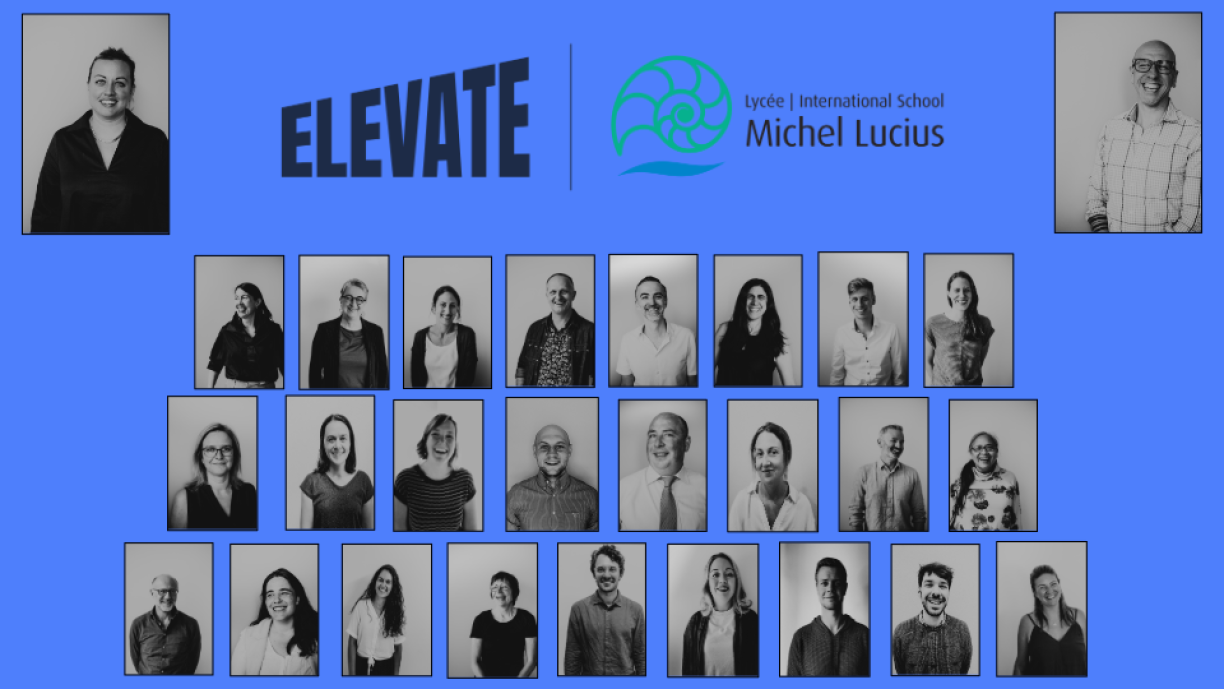
Get to know the whole team right here:
What do you teach?
History
Why did you become a teacher?
Before I became a teacher I was a street worker and I felt that many of the young people I worked with were missing something to be passionate about. I felt that I could maybe make a difference in the classroom and introduce those young people to different ideas and directions that would help them find what they love to do.
What’s the most important lesson that you want your students to learn?
I want students to understand that we are all more than just a series of test scores and grades. Our students have so many qualities, so many ideas and they will travel in so many different directions and we should value and celebrate all of these.
What do you teach?
Drama and English
Why did you become a teacher?
I became a teacher to help young people reach their potential.
What’s the most important lesson that you want your students to learn?
Be kind. Everyone’s fighting a great battle.
What do you teach?
I don’t teach. I am Chef de Département (E-SPOES)
Why did you become a teacher?
n/A
What’s the most important lesson that you want your students to learn?
To enjoy learning!
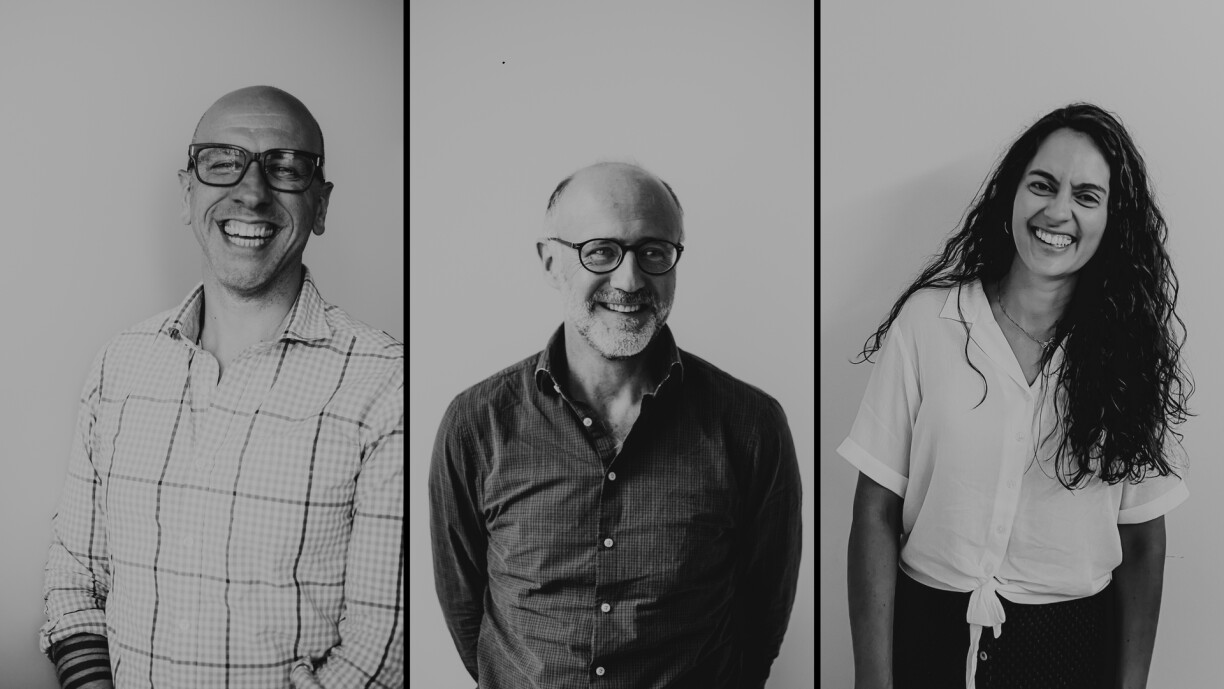
What do you teach?
History, Global Perspectives, Geography and IPQ
When did you become a teacher?
2002
What’s the most important lesson that you want your students to learn?
The most important lesson I would like my students to learn is the think critically and ask questions.
What do you teach?
English Literature and Language
Why did you become a teacher?
I became a teacher because I believe every child deserves access to quality education, regardless of their background or circumstances. By becoming a teacher, I can impart knowledge to future generations of the country, hopefully contributing to a more positive society.
What’s the most important lesson that you want your students to learn?
Set your own goals and challenge yourself realistically without comparing yourself to others.
What do you teach?
English
Why did you become a teacher?
Because I was not the best student and felt I could have an impact.
What’s the most important lesson that you want your students to learn?
That it is up to them to take ownership of their learning, and that way they can all achieve great things.
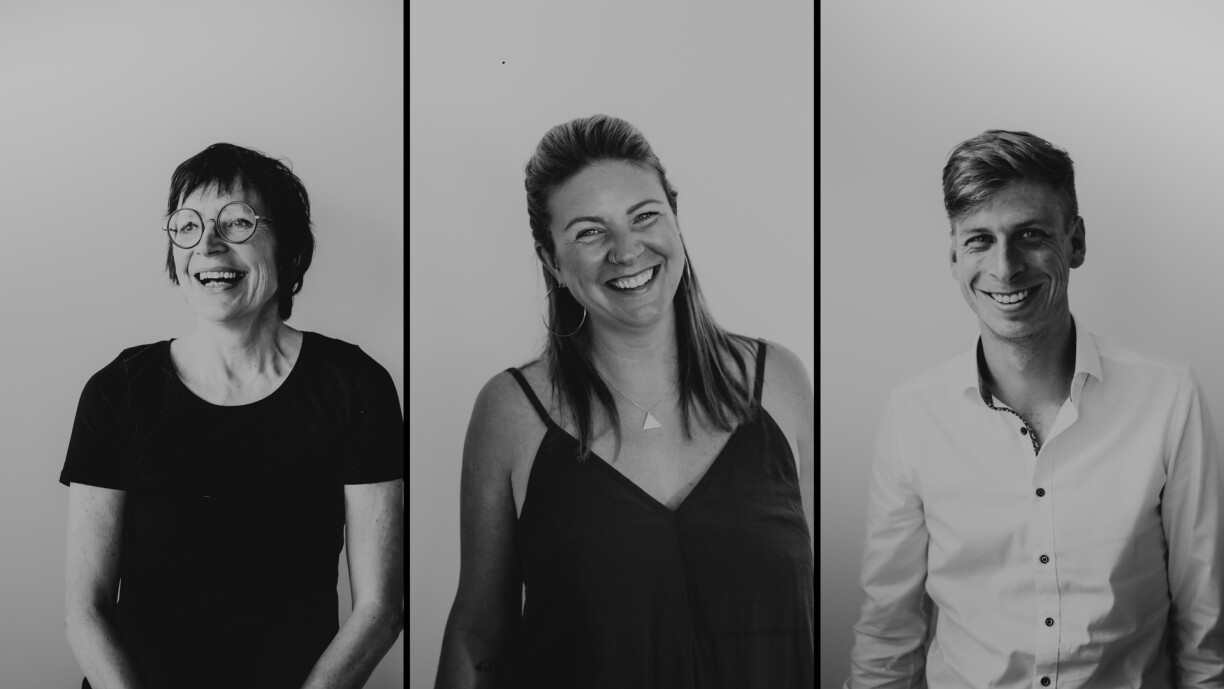
What do you teach?
Geography
Why did you become a teacher?
I wanted to try to instil awareness, passion and responsibilty for the world around us in young people.
What’s the most important lesson that you want your students to learn?
That they can affect positive change in themselves and in those around them.
What do you teach?
Primary
Why did you become a teacher?
To help young people.
What’s the most important lesson that you want your students to learn?
If you think it, you can do it!
What do you teach?
Mathematics
Why did you become a teacher?
When I was a kid I always had this dream: what would I do if I had unlimited resources? My answer was always the same: I would open a school to take care of children with no resources and provide them with the opportunity to learn. Education is a means for transformation, to guarantee equity and opportunities. Being a teacher is a means to provide those opportunities for every child to flourish in their own way. Being part of that process is what gives meaning to our profession.
What’s the most important lesson that you want your students to learn?
Regardless of the subject one teaches, the most important lesson for me to teach is to support my students in their own path to become the best version of themselves, to be passionate about what they want and to work hard to fulfill their potential. “Dream big, work hard” this what I tell every cohort of students on the last day of school.
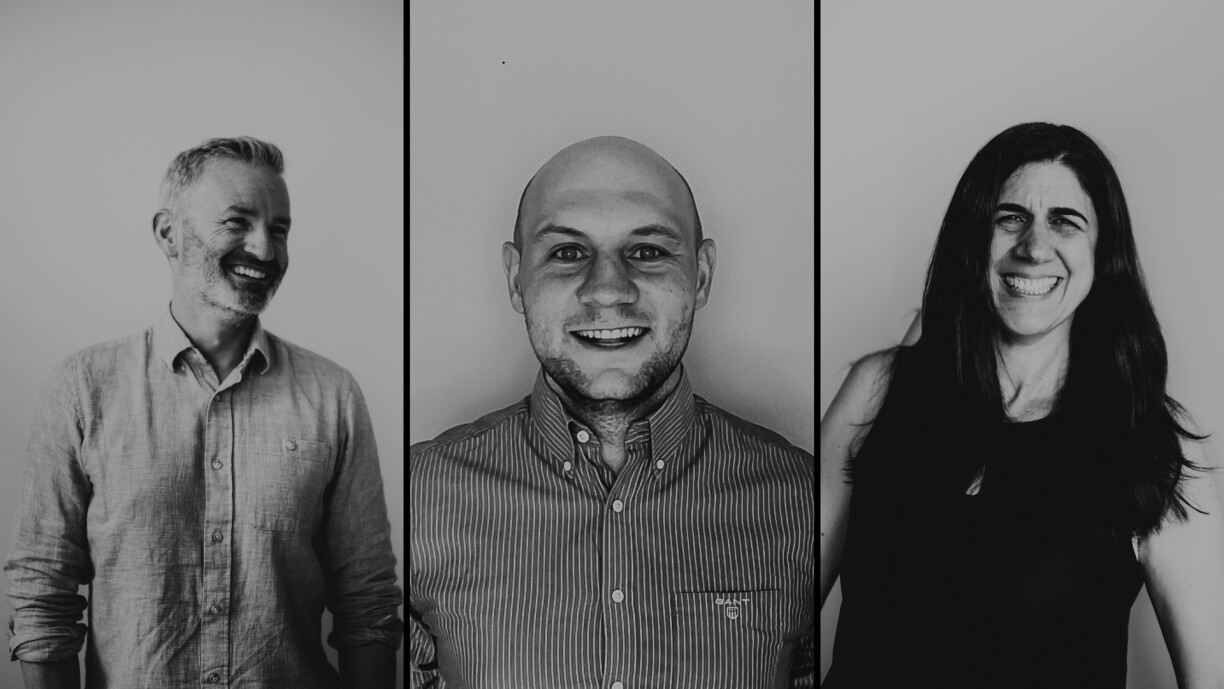
What do you teach?
English Language and Literature
Why did you become a teacher?
There is a joy in working with young people and seeing how their perspectives and insights can grow. To be able to be part of this, advocate for them and hopefully have a positive impact on their lives, was the reason I wanted to teach.
What’s the most important lesson that you want your students to learn?
Resilience, empathy, grit, and compassion are key traits of lifelong learners - we must always try and foster these traits throughout our learning journeys.
What do you teach?
Year 6
Why did you become a teacher?
Unsure of which career path to follow after finishing university, I decided to travel the world for a few years. My epiphany came during a day spent in a tiny museum dedicated to the “School of the Air” in the Australian Outback. It was then that I realised teaching was the perfect profession for me as I love working with children and inspiring them to reach their goals.
What’s the most important lesson that you want your students to learn?
The most important lesson I want my students to learn is that being an educated person goes beyond academics. It encompasses how you treat others; how you understand and engage with the world; and how you pursue your goals.
What do you teach?
Computer Science
Why did you become a teacher?
I had the opportunity to teach lab tutorials while I was completing my master’s degree. After I graduated and was working as a software engineer, I realised that I missed the interaction and enjoyment I got from teaching students and decided to retrain as a teacher.
What’s the most important lesson that you want your students to learn?
They should take every experience as an opportunity to learn. Success may be rare on the initial attempt, but as long as they persevere, they will continue to make progress.
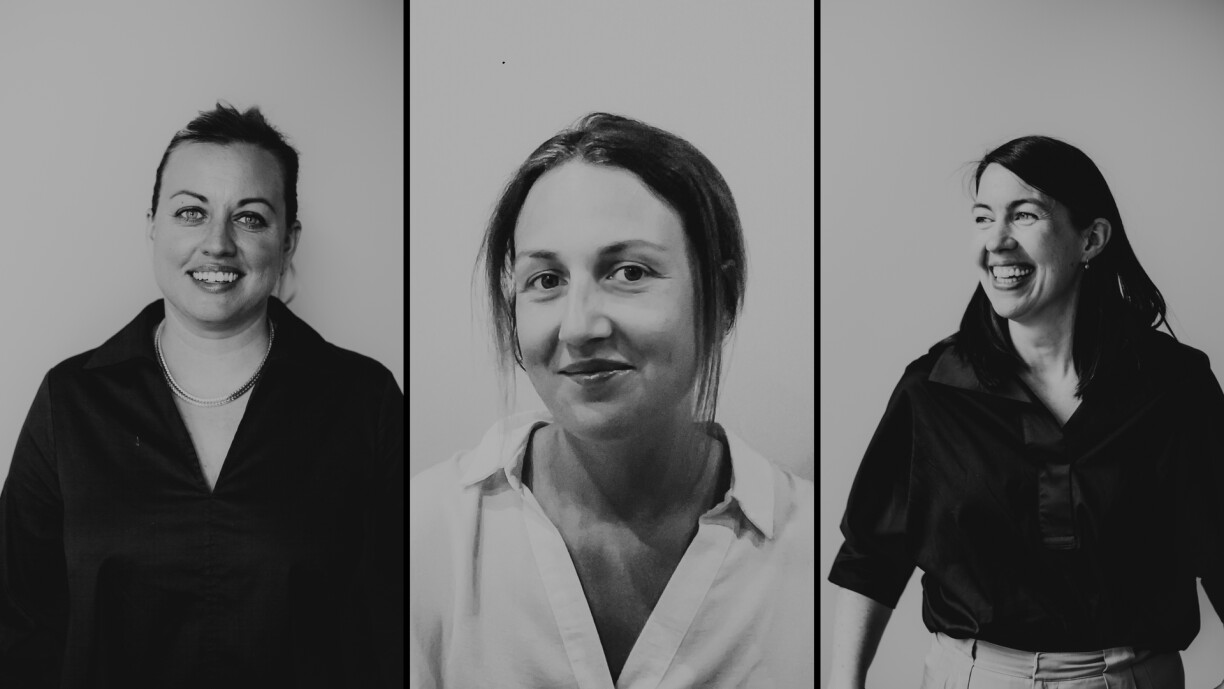
What do you teach?
Mathematics
Why did you become a teacher?
Why am I still a teacher might be a better question for me. And its to make a positive impact on young peoples lives.
What’s the most important lesson that you want your students to learn?
To be curious about the world, learn everyday, be open minded on your own path.
What do you teach?
Physics, Science and ICT
Why did you become a teacher?
To help develop the skills and talents of my students.
What’s the most important lesson that you want your students to learn?
That education is a continual process, not just learning facts to pass a test.
What do you teach?
Primary
Why did you become a teacher?
My mum was a primary teacher and I knew it would be a fulfilling job with great variety. It has suited me well!
What’s the most important lesson that you want your students to learn?
Focus on your education and work hard at school. People will notice and respect your hard work, and nobody can ever take your education away from you.
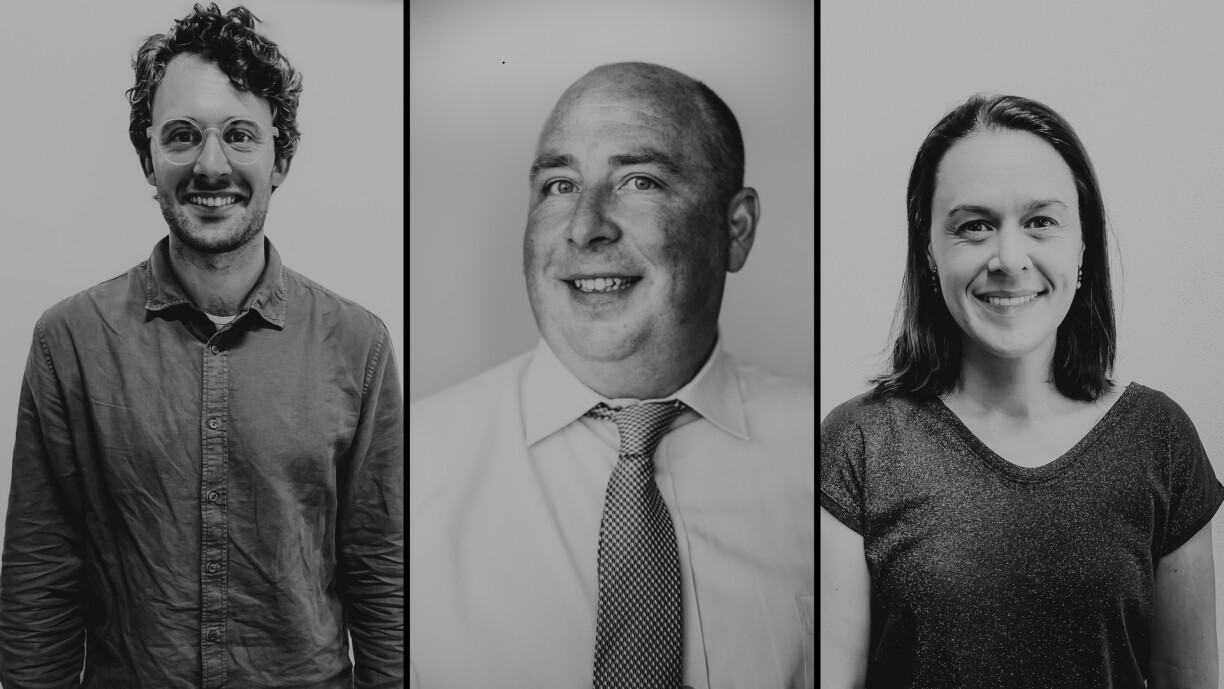
What do you teach?
I teach English Language and Literature across all year groups and also work in Leadership roles in the school
Why did you become a teacher?
In a nutshell, I became a teacher as it is both an academically stimulating and interactive job. Getting to know and working with students from across the world on topics and skills that are of interest to me make teaching a very enriching profession.
What’s the most important lesson that you want your students to learn?
I strive towards making my students curious and hardworking, as I believe that a lifelong desire for learning is the path to a fulfilling and purposeful life.
Directrice of Lycée Michel Lucius
